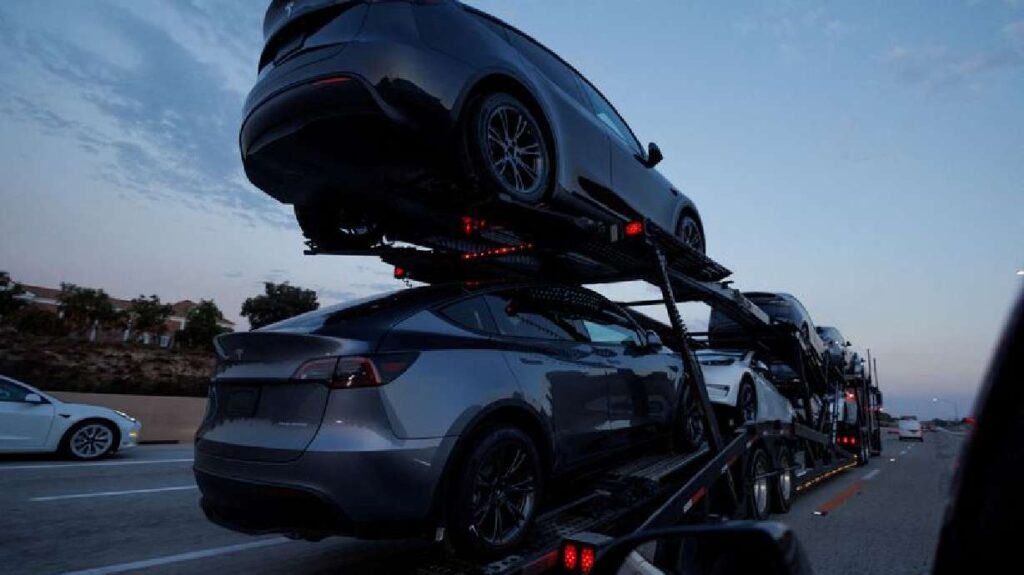The recent Senate vote marks a significant reversal in California’s ambitious environmental policy, which aimed to eliminate the sale of gasoline-only vehicles by 2035. This policy, originally supported by 11 other states, represents about one-third of the U.S. auto market.
The measure, now headed to President Donald Trump, seeks to overturn an Environmental Protection Agency waiver granted during President Joe Biden’s administration. This waiver allowed California to set a mandate requiring at least 80% of vehicles sold to be electric by 2035.
Major automakers such as General Motors and Toyota, who opposed the rules, view the Senate’s decision as a victory. However, it poses a setback for California and environmental advocates who argue these regulations are vital for reducing pollution and promoting cleaner vehicles.
California’s proposal, introduced in 2020, called for 80% of new car sales to be electric and up to 20% to be plug-in hybrids by 2035. “This Senate vote is illegal,” stated California Gov. Gavin Newsom, emphasizing potential $45 billion healthcare cost impacts on taxpayers. “We’re going to fight this unconstitutional attack on California in court.”
Historically, California has secured more than 100 waivers under the Clean Air Act since 1970. Despite this, Senate Republicans moved forward against the parliamentarian’s advice. In a March report, the Government Accountability Office noted that these waivers cannot be rescinded under the Congressional Review Act, which only requires a Senate majority.
The Alliance for Automotive Innovation, which includes GM, Toyota, Volkswagen, and others, endorsed the Senate’s action. John Bozzella, CEO of the group, remarked, “The fact is these EV sales mandates were never achievable,” highlighting potential financial diversions from the EV transition towards compliance credits from Tesla.
Earthjustice President Abigail Dillen criticized the Senate’s decision, noting that despite attempts to revert to past standards, the shift towards electric vehicles is already underway. Tesla has not commented on the development, but GM expressed support, stating the vote would “align emissions standards with today’s market realities.”
The Senate also moved to revoke the EPA’s 2023 approval for California’s mandate on zero-emission heavy-duty trucks and its stringent low-NOx regulations for heavy-duty and off-road vehicles. These legislative actions reflect a broader scrutiny of electric vehicle policies in recent months.
In a related development, the House of Representatives passed a bill to end a $7,500 tax credit for new EVs, introduce a $250 annual EV fee for road repairs, and repeal emissions rules encouraging more EV production. The bill also plans to phase out EV battery production tax credits by 2028.
If the courts rule in favor of these measures, automakers might find it easier to postpone or cancel certain EV production plans. Previously, automakers warned of potential restrictions on gas-powered vehicles in certain states due to these rules.
California’s regulations mandate that 35% of light-duty vehicles from the 2026 model year be zero-emission. Automakers argue this is unfeasible given current EV sales levels, which remain at or below 10% in states that have adopted these regulations. Both Vermont and Maryland have delayed their compliance with the rules.
Original Story at www.ksl.com
